The Science Life
-
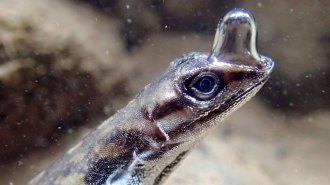 Animals
AnimalsHow some lizards breathe underwater
Researchers have figured out how some anole lizards can stay underwater for as long as 18 minutes.
-
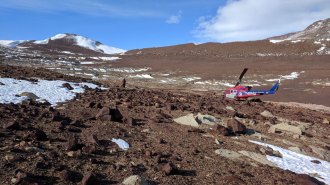 Microbes
MicrobesMissing Antarctic microbes raise thorny questions about the search for aliens
Scientists couldn’t find microbial life in soils from Antarctica, hinting at a limit for habitability on Earth and other worlds.
By Elise Cutts -
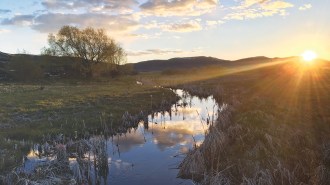 Ecosystems
EcosystemsAs ‘phantom rivers’ roar, birds and bats change their hunting habits
A massive experiment in the Idaho wilderness shows it’s not just human-made noises that impact ecosystems. Natural noises can too.
By Nikk Ogasa -
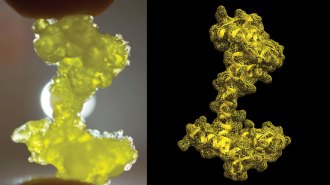 Chemistry
ChemistryA sweet father-son bond inspires tasty new molecule models
New edible models of proteins could spark students’ interest in the world of chemistry, especially students who are blind.
By Carmen Drahl -
 Health & Medicine
Health & MedicineA music therapist seeks to tap into long-lost memories
Alaine Reschke-Hernández is partnering with neuroscientists to figure out how music improves Alzheimer’s patients’ lives.
-
 Math
MathHow one physicist is unraveling the mathematics of knitting
Understanding how knots influence textile properties could lead to bespoke materials.
-
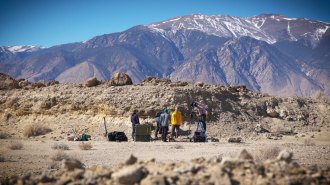 Space
SpaceTo rehearse Perseverance’s mission, scientists pretended to be a Mars rover
Seven Mars scientists pretended to be the Mars Perseverance rover on a training exercise in the Nevada desert.
-
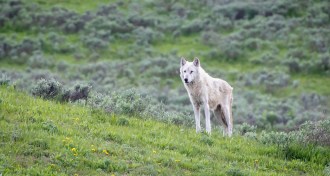 Animals
AnimalsHow Yellowstone wolves got their own Ancestry.com page
Since the wolves’ reintroduction to the park, 25 years of devoted watching has chronicled bold moves, big fights and lots of puppies.
By Susan Milius -
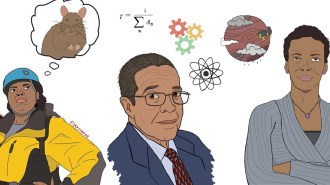 Science & Society
Science & SocietyReal-life scientists inspire these comic book superheroes
Three scientists are publishing comics casting researchers as heroes, and hope the cartoon format and pared-down storyline can boost science literacy.
By Kyle Plantz -
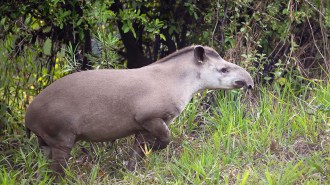 Ecosystems
EcosystemsTapirs may be key to reviving the Amazon. All they need to do is poop
Brazilian ecologist Lucas Paolucci is collecting tapir dung to understand how the piglike mammals may help restore degraded rain forests.
-
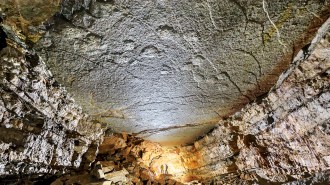 Paleontology
PaleontologyDeep caves are a rich source of dinosaur prints for this paleontologist
Several deep caves in France are proving to be a surprising source of dinosaur tracks.
-
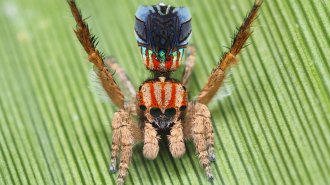 Animals
AnimalsDancing peacock spiders turned an arachnophobe into an arachnologist
Just 22, Joseph Schubert has described 12 of 86 peacock spider species. One with a blue and yellow abdomen is named after Van Gogh’s Starry Night.